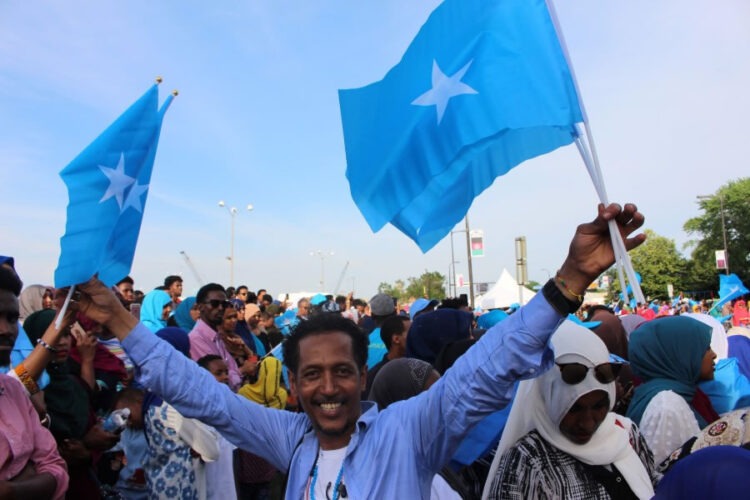Each July 1st, Somalia observes its National Day, signifying the formation of the Somali Republic in 1960. This pivotal event unified the Trust Territory of Somaliland (formerly Italian Somaliland) and the State of Somaliland (formerly British Somaliland), creating a new nation on the Horn of Africa.
The journey to independence began under a government led by prominent figures from both administrations. Aden Abdullah Osman Daar became the first president, leading the young nation through its early years. On July 20, 1961, Somali citizens overwhelmingly approved a new constitution in a popular referendum, solidifying the country’s commitment to self-rule.
Today, Somalia exists as the Federal Republic of Somalia, occupying a strategic position on the easternmost edge of continental Africa. It boasts Africa’s longest coastline, stretching along the Gulf of Aden and the Indian Ocean. Somalia borders Ethiopia, Djibouti, and Kenya, linking it to the wider East African region.
Somalia’s population is predominantly Somali, with a diverse cultural heritage. Mogadishu, the capital city, functions as the country’s economic and cultural center. Somali and Arabic are the official languages, with Somali dominating everyday communication. Sunni Islam plays a central role in Somali culture and daily life, uniting the population through shared beliefs and traditions.
Somalia’s National Day prompts reflection on the country’s progress towards unity and self-determination. It allows Somalis to consider their shared history, cultural heritage, and future aspirations. The day also brings attention to the nation’s ongoing efforts to address challenges and build a stable, prosperous society.









